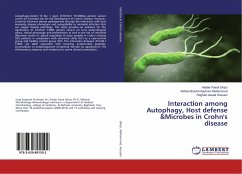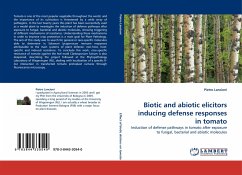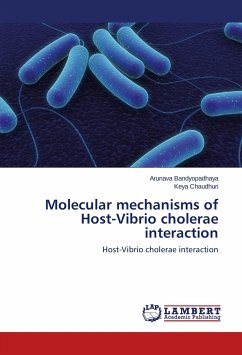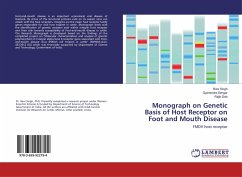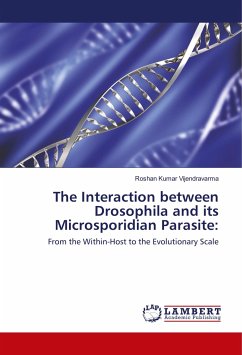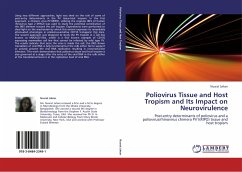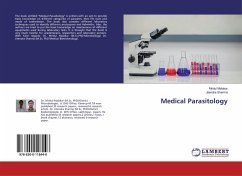Autophagy-related 16 like 1 gene (ATG16L1) Thr300Ala genetic variant confer an increased risk for the development of Crohn's disease. However, it may be influence disease pathogenesis through the interaction with host immunity, disease phenotype and susceptibility to microbial infection that can trigger disease pathology. This study provides an evidence for the significance of ATG16L1 T300A genetic variant on host immunological status, clinical phenotype and presentation as well as the risk of microbial (Norovirus and/or H. pylori) acquisition in tissue samples in Crohn's disease (CD) patients in comparison with ulcerative colitis (UC) as a case-control group and healthy control group (HC). The interaction between ATG16L1 T300A risk allele associated with lowering antimicrobial peptides, accumulation of autophagosome containing microbe (s), aggressive IL-17A inflammatory response and tendency for severe clinical presentation.

